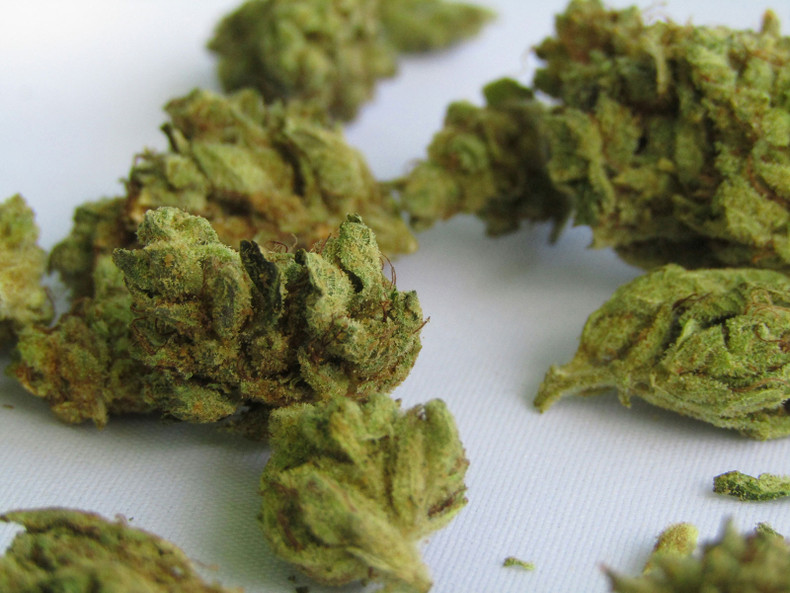THCa Explained: Benefits, Uses, and Effects. If you’ve ever explored cannabis, you might have heard about THC. However, there’s another important compound called THCa that deserves attention. Understanding THCa is crucial for anyone interested in the full spectrum of cannabis benefits. This guide will dive into what THCa is, how it differs from THC, and its potential benefits.
What Is THCa?
THCa stands for tetrahydrocannabinolic acid. It is a non-psychoactive compound found in raw cannabis plants. Unlike THC, which is known for its psychoactive effects, THCa does not produce a “high.” Instead, it exists in the plant before any heating process, like smoking or cooking, converts it into THC.
How Does THCa Differ from THC?
One of the main differences between THCa and THC is their effects on the body. THCa is not psychoactive, meaning it doesn’t alter your state of mind. In contrast, THC is responsible for the euphoric effects commonly associated with cannabis use. When cannabis is heated through processes such as smoking or baking, THCa is converted into THC. This conversion is called decarboxylation.
Benefits of THCa
Research into THCa is still emerging, but early studies suggest it may have several health benefits. Here are a few potential advantages:
- Anti-Inflammatory Properties: Some studies suggest that THCa has anti-inflammatory effects, which could help manage conditions like arthritis.
- Neuroprotective Effects: THCa may offer neuroprotective benefits, potentially aiding in the management of neurodegenerative diseases.
- Nausea Reduction: Preliminary research indicates that THCa might help reduce nausea, which can be beneficial for patients undergoing treatments like chemotherapy.
Uses of THCa
THCa can be used in various ways, especially as research into its benefits grows. Here are some common methods of consumption:
- Raw Cannabis Juices: Drinking raw cannabis juice is one way to consume THCa. This method preserves the THCa content since the plant hasn’t been heated.
- THCa Tinctures: These are concentrated liquid extracts that can be taken sublingually, allowing the THCa to enter the bloodstream directly.
- Topicals: THCa-infused creams or balms can be applied to the skin, potentially providing localized relief from inflammation and pain.
Potential Side Effects
While THCa is generally considered safe, it’s essential to be aware of potential side effects. Since research is still ongoing, more information is needed. However, some people may experience mild side effects like digestive discomfort or skin irritation from topical applications.
Conclusion
In summary, THCa is a fascinating compound with a range of potential benefits. Unlike THC, THCa does not cause psychoactive effects, but it might still offer therapeutic advantages. As research continues, we will likely learn more about how THCa can be used to improve health and well-being. For now, exploring THCa through raw cannabis juices, tinctures, or topicals could be a valuable addition to your health regimen.

